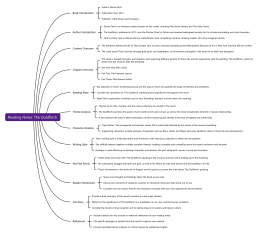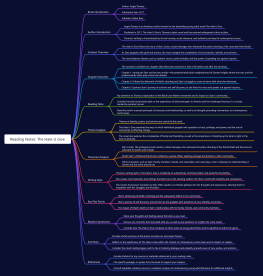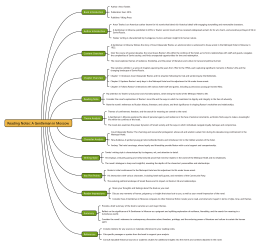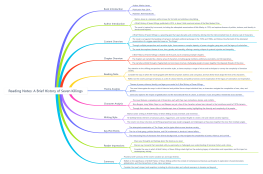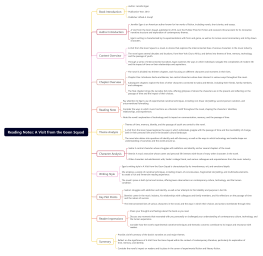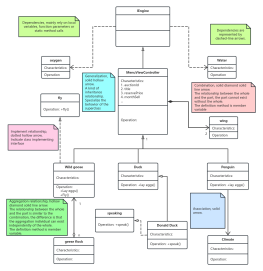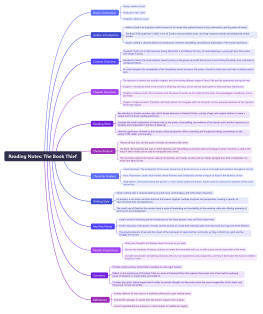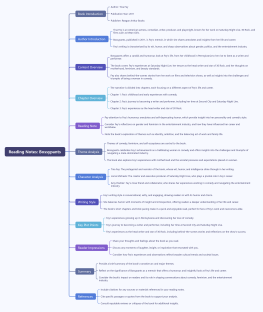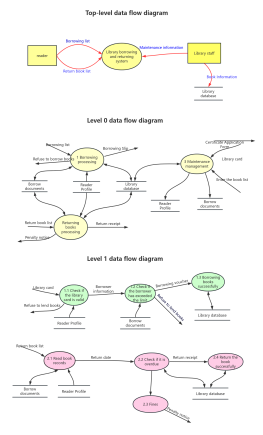The Signature of All Things-Elizabeth Gilbert: Book Summary
2024-07-19 14:30:23 0 Report
Login to view full content
Other creations by the author
Outline/Content
Book Introduction
Author: Elizabeth Gilbert
Publication Year: 2013
Publisher: Viking Press
Author Introduction
Elizabeth Gilbert is an American author known for her bestselling memoir 'Eat, Pray, Love'.
The Signature of All Things, published in 2013, is Gilbert's first novel in over a decade.
Gilbert's writing is characterized by its rich storytelling, vivid characters, and exploration of themes such as love, identity, and personal growth.
Content Overview
The Signature of All Things follows the life of Alma Whittaker, a brilliant botanist living in the 19th century.
The novel spans Alma's entire life, from her birth to old age, and explores her intellectual pursuits, personal relationships, and quest for understanding in the natural world.
Through Alma's story, Gilbert weaves together themes of science, spirituality, ambition, and the interconnectedness of all living things.
Chapter Overview
The novel is divided into several parts, each focusing on different stages of Alma's life and experiences.
Part One: The Whittakers of Philadelphia - Introduces Alma's family background and early years.
Part Two: The Prodigal Daughter - Follows Alma's intellectual awakening and her studies in botany.
Part Three: Ambrose - Explores Alma's relationship with Ambrose Pike, an enigmatic artist who challenges her worldview.
Part Four: Retribution - Examines Alma's later years and her continued pursuit of knowledge and understanding.
Reading Note
Pay attention to Gilbert's rich descriptive language and meticulous research, which bring the world of 19th-century botany to life.
Consider the ways in which Alma's personal journey reflects larger themes of discovery, growth, and the search for meaning.
Note the novel's exploration of the tension between scientific inquiry and spiritual enlightenment, and how Alma grapples with these conflicting worldviews.
Theme Analysis
Themes of curiosity, ambition, love, and the pursuit of knowledge are central to the novel.
The Signature of All Things explores the complexities of human nature and the natural world, as well as the interconnectedness of all living things.
The novel also delves into questions of destiny, free will, and the search for meaning in an ever-changing world.
Character Analysis
Alma Whittaker: The protagonist of the novel, whose lifelong quest for knowledge drives much of the narrative.
Henry Whittaker: Alma's father, a wealthy botanical explorer whose influence shapes Alma's upbringing and interests.
Ambrose Pike: An artist who becomes Alma's lover and intellectual companion, challenging her assumptions and beliefs.
Writing Style
Gilbert's writing style in The Signature of All Things is immersive and evocative, drawing readers into Alma's world with vivid detail and lyrical prose.
She skillfully blends historical fiction with elements of romance, adventure, and philosophical inquiry, creating a rich and engaging narrative.
The novel's structure alternates between Alma's personal journey and broader explorations of science, spirituality, and the human condition.
Key Plot Points
Alma's upbringing in Philadelphia and her early fascination with the natural world.
Her studies in botany and her groundbreaking discoveries in the field.
Her relationships with her family members, including her father Henry, and her interactions with other scientists and thinkers of the time.
Her romance with Ambrose Pike and the impact he has on her worldview.
Reader Impressions
Share your thoughts and feelings about the book as you read.
Discuss any moments that resonated with you personally or challenged your understanding of science, spirituality, and the human experience.
Consider how the novel's themes and characters relate to your own life and interests, and how they might inspire further reflection and exploration.
Summary
Provide a brief summary of the book's narrative arc and major themes.
Reflect on the significance of The Signature of All Things within the context of contemporary literature, particularly its exploration of science, spirituality, and the human quest for knowledge.
Consider the novel's impact on readers and its enduring relevance as a meditation on the mysteries of the natural world and the human condition.

0 Comments
Next page
Recommended for you
More
